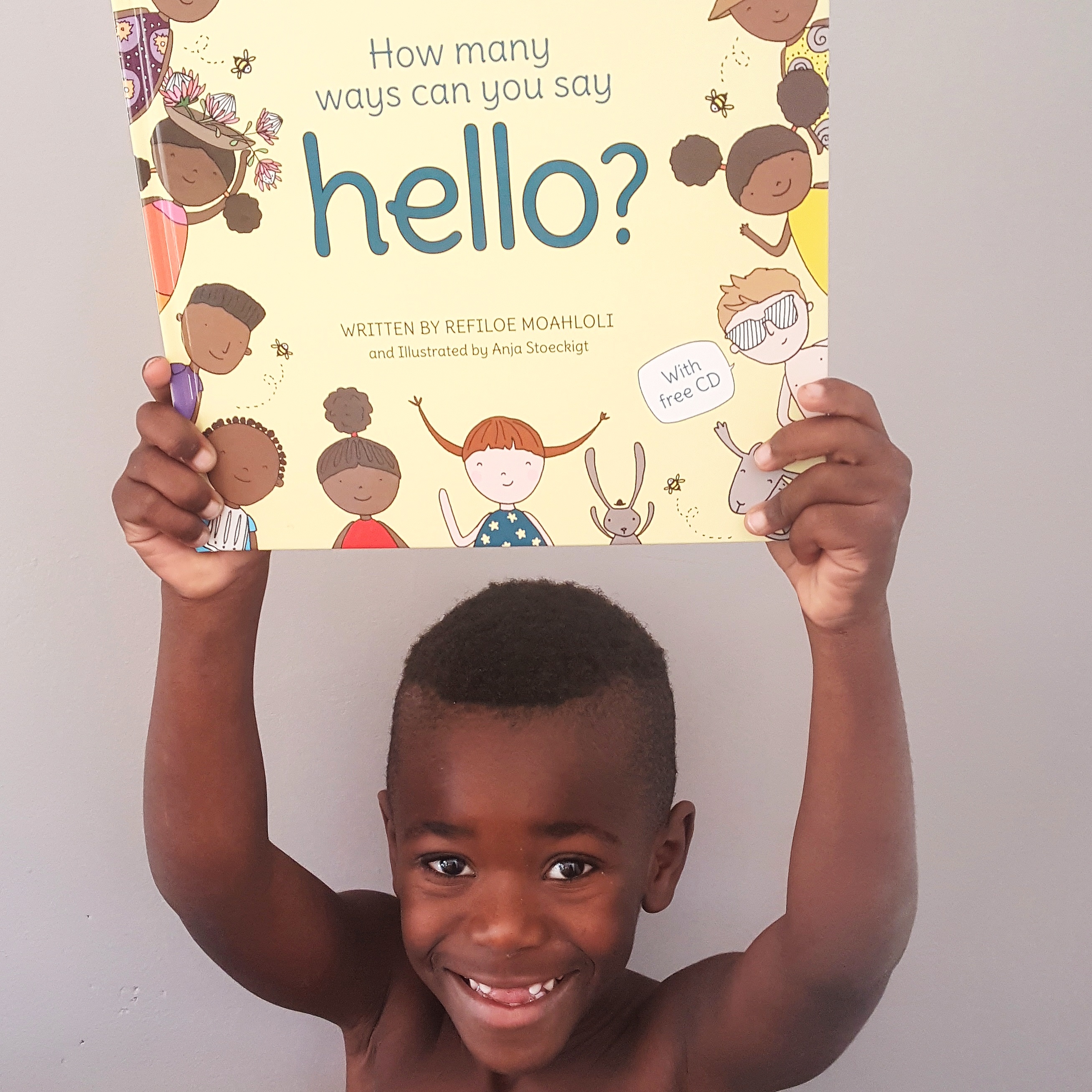
I would also advise to use a friendly intonation. When speaking to someone you don’t know that well When speaking to authority (unless they upset you and you want them to know). Greeting a person just to be polite while also wanting them to know that you’re upset If you use a friendly voice it shows the person that you are chilled. Greeting a good friend while trying to sound super cool. Nazdar can be used in a friendly way, but if you want to be sassy, this is a great word to go for. If speaking to an older person you don’t know When you are saying bye to a friend or enemy When you want to be friendly (although it will depend on your intonation) When you want to sound cooler than the person who says ahoj Čau is similar to “ahoj”, but more casual. Greeting an enemy you don’t want to talk to If you want to be friendly, but also polite If you are addressing more people, you can also say “ ahojte“, but simple “ ahoj will do as well. But who cares about spelling, both of them are pronounced the same. There are two things Czechs and pirates have in common.Īctually, there are 3 things… both drink a lot.Ĭzechs spell it with J.

Ways to say hello how to#
I’ll show you not only how to say hello in Czech but also how and when to use them! Because you deserve the best. You have a Czech friend who will take care of you and teach you other greetings. Everyone can look up the most common words as “dobrý den” or “ahoj”, but you are not like the other kids! You’re different. The best way to learn about physical greetings is to watch what other people do closely and base your greeting on that.The first thing we learn in a new language is swearing and saying hello. This is a personal thing, though, and can make other people feel uncomfortable. Some people greet close friends a hug or kiss on one or two cheeks (between men and women). In most English-speaking countries, shaking hands is the most common greeting.

Welcoming people is easy, all you need to say is “Welcome to our office/city” and in an informal situation, you can say “Make yourself at home.” Body language Remember, we only do this when people are visiting us, now when we visit them. If someone is visiting you, you may want to welcome them to your home, city or country. If you need to introduce an important guest speaker at a conference or seminar, you can say “I am honoured to introduce (name)” or “It gives me great pleasure to introduce (name)”. Make sure you only do this for very important people, though because otherwise it sounds insincere.

When you meet someone very important, it’s common to say “It’s a honour to meet you”. If someone introduces you to another person, you can say “It’s a pleasure to meet you” if you’ve not met the person before. When you want to introduce someone at work, you can say “I’d like to introduce (name)” and explain who the person is. Say “Good morning/afternoon” and ask “How are you?” to find out if they are well.

With clients and colleagues you don’t know so well, or with your superiors, it’s best to use more formal greetings. It’s fine to use informal greetings with colleagues you know well. When you introduce a new person to your English-speaking friends, you can just say “This is (name)” then explain how you know the person. We tend to greet friends and family with informal expressions like ‘hello’, ‘hi’ or ‘hey’ and follow up by asking “How’s it going?”, “How are you doing?” or “How’s life?” to find out how the person is. Let’s take a look at a few different situations and how to greet people in English correctly in each situation. There is not one correct way to say ‘hello’ in English – it depends on the person you are greeting. How do you greet people in your country? It depends on the person, right? You wouldn’t greet your mother in the same way you greet a new business contact.


 0 kommentar(er)
0 kommentar(er)
